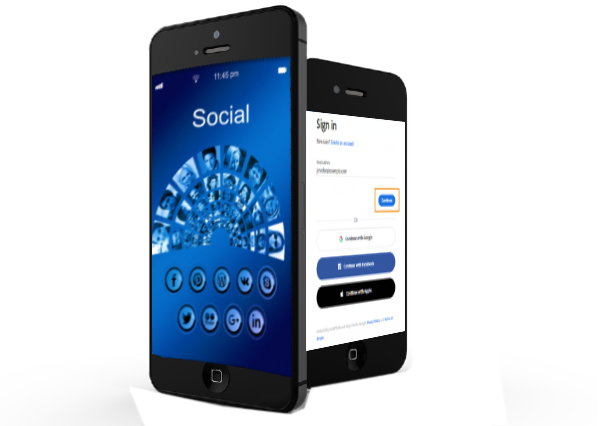Mobile apps offer a wide range of advantages, but they also come with their share of disadvantages. It's important to consider both sides before deciding to develop or use a mobile app. Here's a breakdown of the advantages and disadvantages of mobile apps:
- Advantages of Mobile Apps
- Better User Experience:
Mobile apps are designed with the user experience in mind, often offering smoother navigation and faster performance compared to mobile websites.
- Offline Access:
Many apps can work offline or with limited connectivity, which is useful when users have intermittent internet access.
- Push Notifications:
Apps can send push notifications to users, allowing for direct communication and timely updates, which can enhance user engagement.
- Device Integration:
Mobile apps can leverage device-specific features like GPS, camera, and sensors, providing unique functionalities and enhancing user interactions.
- Personalization:
Apps can offer personalized content and recommendations based on user preferences, making the user experience more relevant and engaging.
- Security:
Mobile apps can implement advanced security features like fingerprint or facial recognition, providing a higher level of data protection.
- Monetization Opportunities:
Apps offer various monetization options, including in-app purchases, ads, and subscription models, making them a potentially lucrative platform for businesses.
- Enhanced Performance:
Native apps are generally faster and more responsive compared to mobile websites, which can improve user satisfaction.
- Brand Presence:
Having an app can strengthen a brand's presence and credibility, demonstrating a commitment to modern technology and user convenience.
- Data Collection:
Apps can collect user data and analytics, providing valuable insights for businesses to make data-driven decisions and improve services.
- Entertainment and Gaming:
Mobile apps are a primary platform for gaming, streaming services, and multimedia content, offering a wide range of entertainment options.
- Productivity:
Productivity apps help individuals and businesses become more efficient and organized, with features like task managers and document editors.
- Customer Engagement:
For businesses, mobile apps can improve customer engagement and loyalty through loyalty programs, support, and feedback mechanisms.
- Community Building:
Apps can connect users with similar interests or goals, fostering online communities.
- Disadvantages of Mobile Apps
- Development Costs:
Creating and maintaining a mobile app can be expensive, involving design, development, testing, and ongoing updates.
- Platform Specific:
Apps are typically developed for specific platforms (iOS, Android), requiring separate development and maintenance efforts for each.
- Download and Installation Required:
Users need to download and install apps, which can be a barrier to entry compared to web-based solutions.
- Limited Reach:
Apps are not accessible through web browsers, limiting their reach to users who install them.
- Updates and Maintenance:
Regular updates are required to fix bugs, add features, and maintain compatibility with new devices and operating systems.
- App Discovery:
It can be challenging for new apps to gain visibility in crowded app stores, making marketing and promotion crucial.
- Storage Space:
Apps take up storage space on users' devices, and some users may have concerns about storage limitations.
- User Permissions:
Apps often require access to various device functions, and some users may have concerns about privacy and permissions.
- Development Complexity:
Developing and maintaining apps can be complex, and businesses need to ensure they have the necessary expertise.
- Competition:
The app market is highly competitive, and standing out from the competition can be a significant challenge.
- User Acquisition and Retention:
Acquiring new users and retaining them can be difficult, and user churn is a common problem.
Ultimately, the decision to create or use a mobile app should be based on the specific needs, goals, and resources of the individual or business. It's essential to carefully weigh the advantages and disadvantages to make an informed decision.





